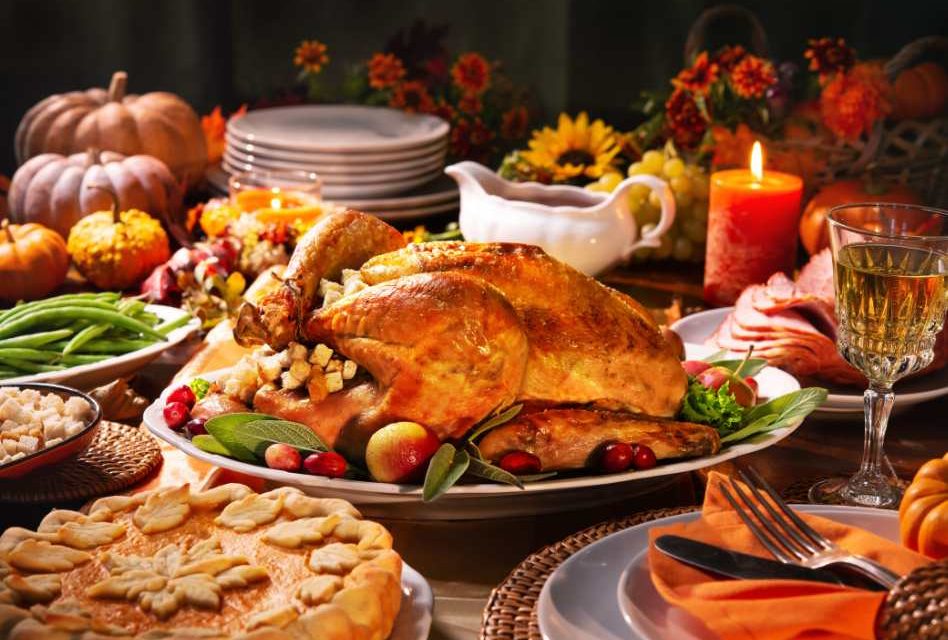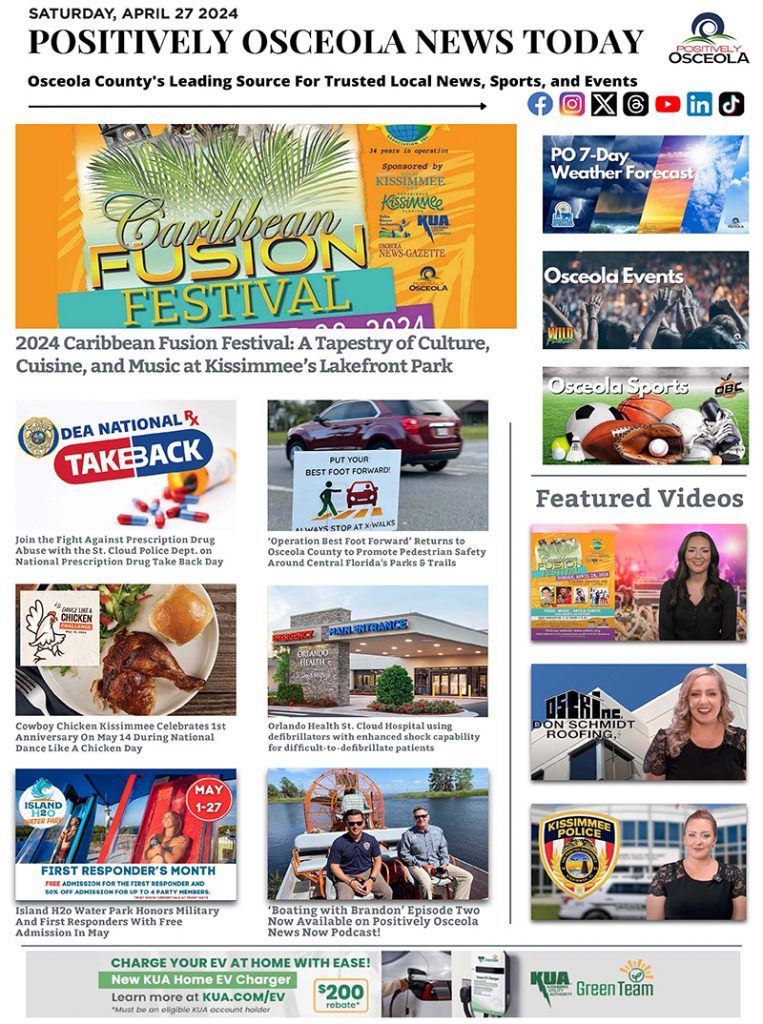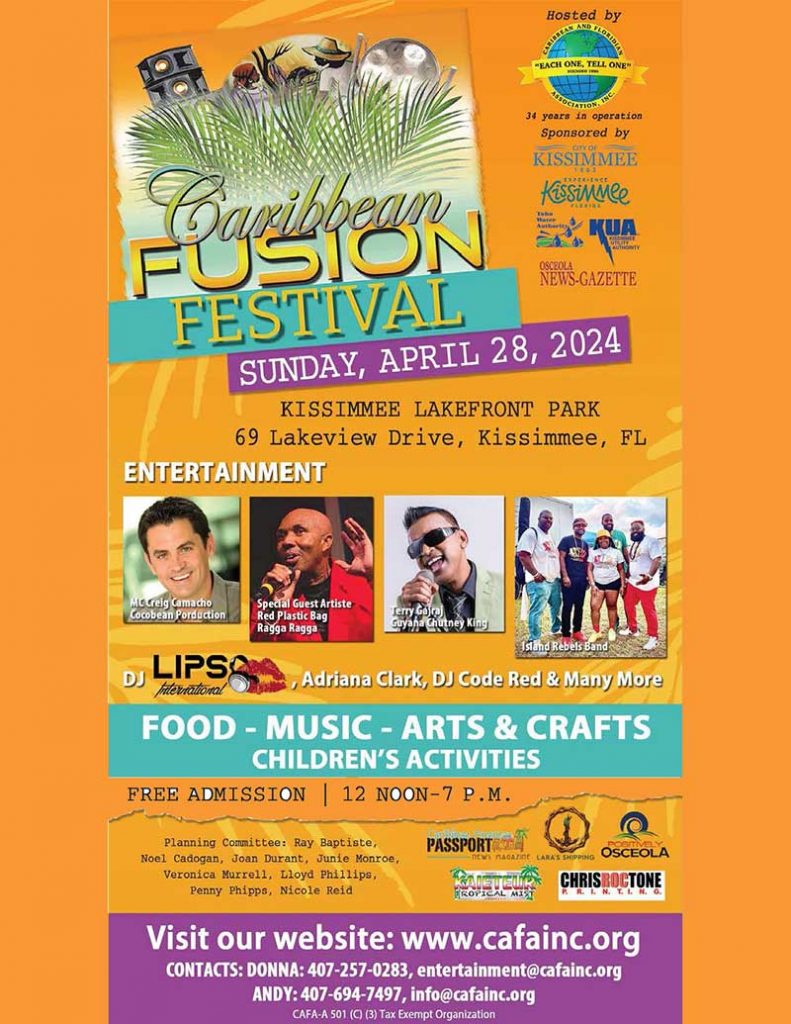Thanksgiving, a cherished American holiday, is more than just a gathering around the table laden with turkey, cranberry sauce, and pumpkin pie. It embodies a profound narrative of unity, gratitude, and historical significance that traces back centuries.
Origin and Historical Roots: The inception of Thanksgiving in America dates back to the early 17th century. In 1621, the Pilgrims, European settlers seeking religious freedom, joined by Native Americans, celebrated a bountiful harvest in Plymouth, Massachusetts. This jubilant feast marked the beginnings of what we now recognize as Thanksgiving.
The Pilgrims’ Journey: The Pilgrims faced tremendous hardships upon arriving in the New World. Facing a brutal winter and scarcity of food, nearly half of them perished. However, with the assistance and teachings of the Wampanoag Native Americans, they learned vital agricultural skills, which resulted in a successful harvest. This harvest became the catalyst for the inaugural Thanksgiving celebration, a communal feast to express gratitude for their blessings and newfound friendship.
Abraham Lincoln’s Influence: While sporadically observed in various states, Thanksgiving wasn’t a nationally recognized holiday until 1863 when President Abraham Lincoln declared it a national holiday. Amidst the Civil War, Lincoln proclaimed a day of “Thanksgiving and Praise to our beneficent Father who dwelleth in the Heavens.” His proclamation aimed to foster unity and gratitude during a period of division and strife.
Modern Traditions and Celebrations: Over the years, Thanksgiving has evolved into a beloved national holiday steeped in customs. Families and friends gather for elaborate feasts, expressing gratitude for blessings, sharing stories, and creating lasting memories. The centerpiece of the meal, a roasted turkey, has become an emblem of the holiday, accompanied by various side dishes and desserts unique to each family’s traditions.
Beyond the Feast: However, beyond the culinary delights, Thanksgiving is a day to reflect on blessings, acknowledge the diverse tapestry of cultures that enrich American society, and extend a helping hand to those in need. It’s a time to express gratitude for the abundance in our lives and to embrace the spirit of giving, kindness, and unity.
At its core, Thanksgiving serves as a reminder to pause amidst the hustle and bustle of life, to appreciate the simple joys, the support of loved ones, and the collective strength found in unity. It’s a celebration that transcends cultural boundaries, emphasizing the universal value of gratitude.
As we gather with loved ones and partake in the festivities, let us not forget the historical significance and deep-rooted sentiments that underpin this cherished holiday. Thanksgiving remains a testament to resilience, cooperation, and the enduring spirit of gratitude—a tradition that continues to resonate through generations, fostering a sense of togetherness and appreciation for life’s blessings.














